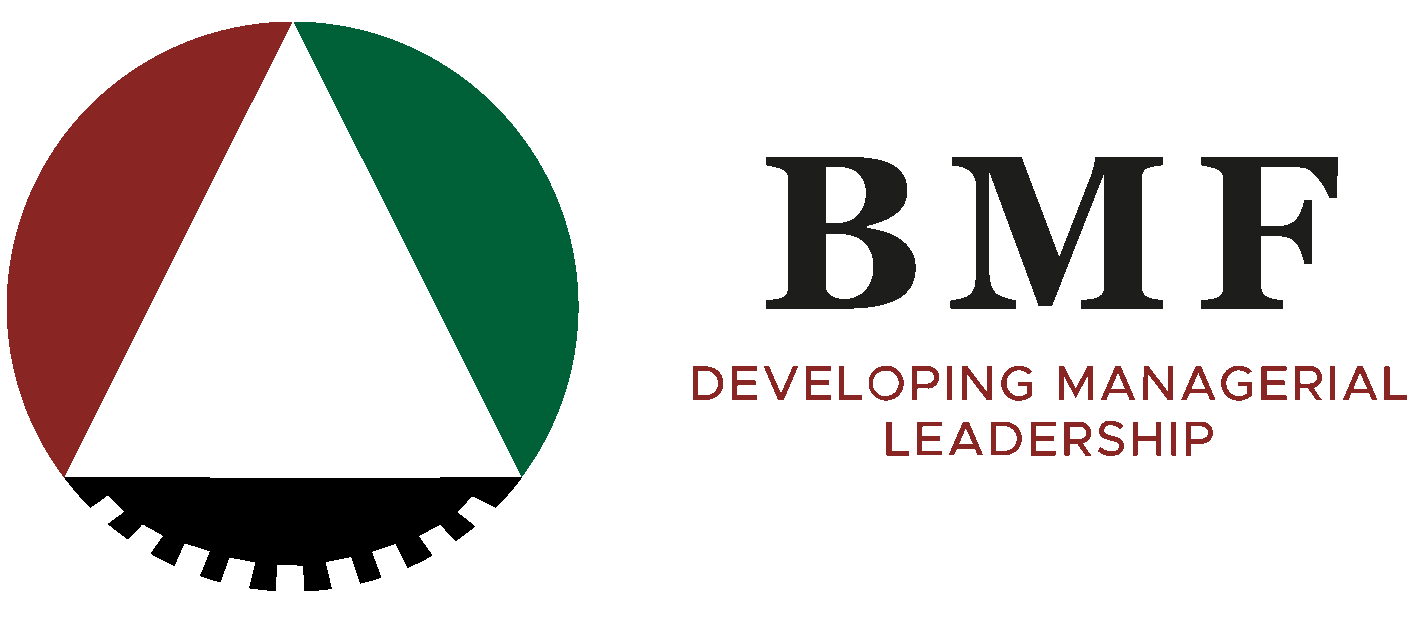In today’s ever-changing world, we find ourselves in an evolving workplace landscape where employee well-being takes center stage. As organizations grapple with the challenges presented by remote work, HR leaders prioritize employee well-being and mental health. This topic is considered one of the most critical aspects of building workplace resilience and driving long-term success. Nowadays, employee well-being extends beyond physical health to encompass a culture of holistic well-being, including physical, emotional, financial, social, career, community, and purpose. At the heart of this is the growing need, influenced by COVID-19, for flexibility in where, when, and how employees work.
Five years prior to the COVID-19 pandemic, a growing number of organisations prioritised physical wellness. Today, this investment includes exercise, sleep, lifestyle, and food choices. We also see this in the proliferation of exercise and cooking videos on social media, emphasising the importance of daily habits to enhance physical and mental well-being. Good health and well-being are essential enablers of employee engagement and organisational performance.
Therefore, fostering employee well-being benefits both employees and organisations, helping to prevent stress and create positive working environments that enable both to flourish. A study by the International Labour Organisation (ILO) highlights that prioritising employee well-being not only fosters a more motivated and productive workforce but also contributes to sustainable economic growth. Therefore, investing in initiatives such as mental health support, flexible working arrangements, and fair wages is crucial. The COVID-19 pandemic exposed vulnerabilities within our social safety nets, leaving many workers without adequate support. Strengthening these safety nets is crucial for ensuring economic resilience and safeguarding workers’ livelihoods.
To truly deepen the gains of democracy, economic policies must be designed with inclusivity in mind, fostering mental and emotional support, personal support, financial health, and meaningful connections that allow employees to thrive. Employee well-being, defined as the state of being comfortable, healthy, and happy, is important for the success of any organization as it affects the productivity, engagement, and motivation of employees. It encompasses both physical and mental health, aiming to promote health and prevent illness. For an organization to thrive, it needs to invest in employee wellness programs to demonstrate genuine care for the health and well-being of its employees.
These programs promote work-life balance, encourage healthy lifestyles, and offer advice on self-care habits that can last a lifetime. Benefits for the company include increased retention, improved productivity, and greater goodwill, leading to long-term employee retention. Now, post-COVID-19, many people in the workforce emphasise work-life balance and overall health. More people than ever are working from home, and with talent migrating, there is a need to continue working remotely while seeking better compensation plans and improving work/life balance.
Employers who want to retain talent need to explore new strategies and policies such as increased compensation, enhanced learning and development, new internal talent mobility opportunities, and online coaching and resilience training to help employees deal with disruptions and new ways of working. On this Workers Day, let us be reminded of the important contributions of trade unions, labor organisations, and others in achieving better wages and safer working conditions. While we may not have reached a more just and equitable society, we should continue to fight for better working conditions that will also nurture employee well-being, creating a more productive workforce and a thriving organisation.







